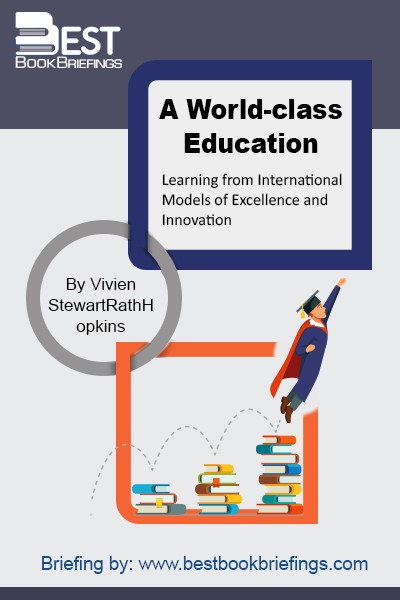World Class Learners
Educating Creative and Entrepreneurial Students
Editorial Review
Innovation and entrepreneurship provide a way forward for solving the global challenges of the 21st century, building sustainable development, creating jobs, generating renewed economic growth, and advancing human welfare. To prepare global, creative, and entrepreneurial talents, education should not harm any child who aspires to do so or suppress their curiosity, imagination, and desire to be different by imposing upon him or her contents and skills judged to be good for him or her by an external agency, and thus depriving them of the opportunities to explore and express on their own. The most desirable education is one that enhances human curiosity and creativity, encourages risk taking, and cultivates the entrepreneurial spirit in the context of globalization.World Class Learnersis about the why and how of the most desirable education.
Book Reviews
Books on Related Topics
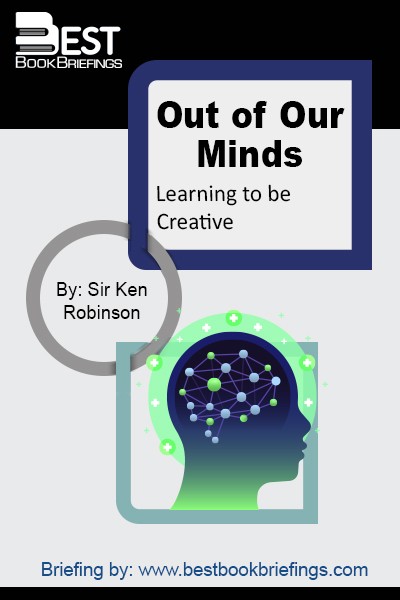
The modern world is the product of ideas, beliefs, and values of human imagination and culture have shaped it over centuries. It has been created out of our minds as much as from the natural environment. The human mind is profoundly and uniquely creative, but too many people have no sense
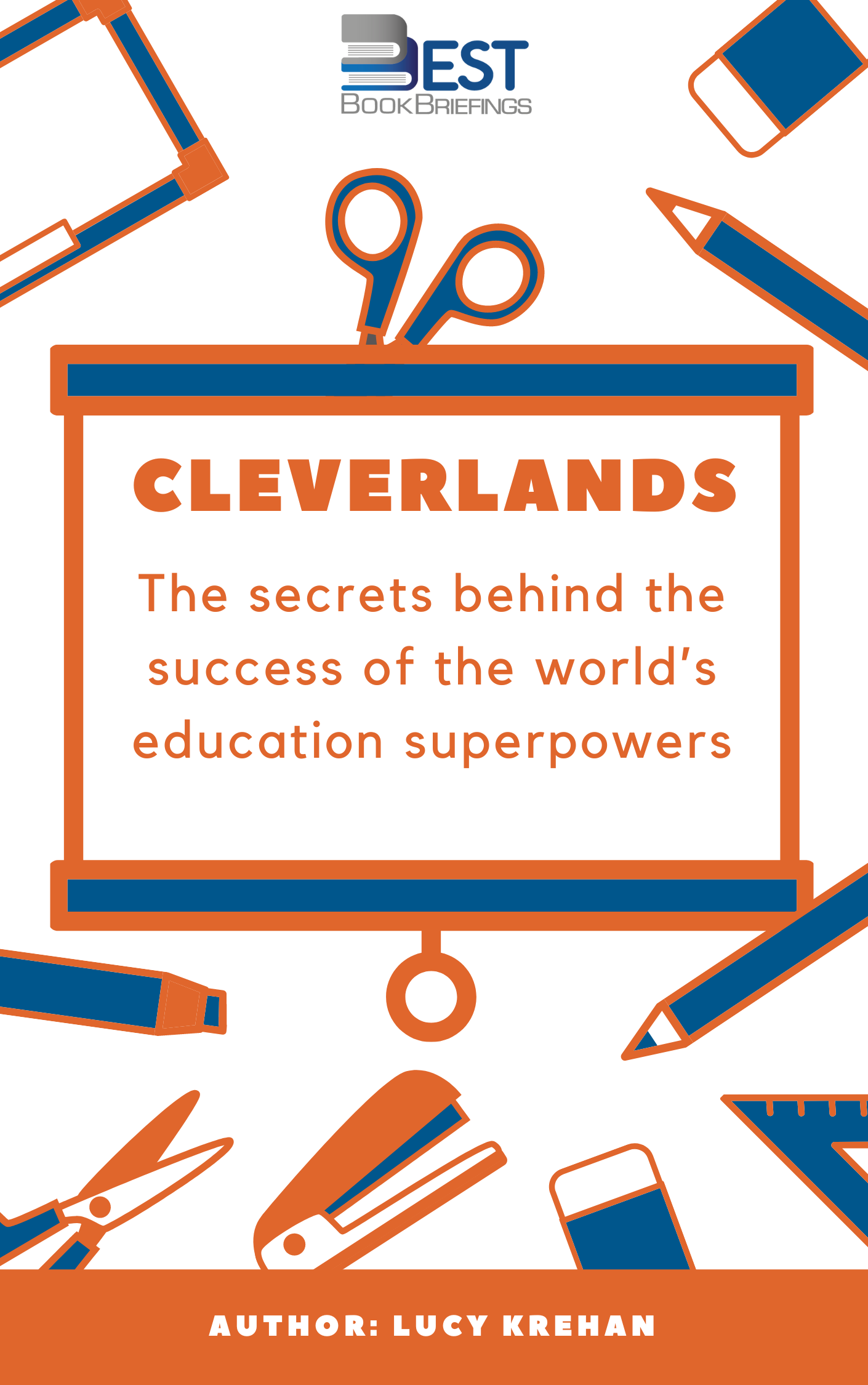
As a teacher in an inner-city school, Lucy Crehan was exasperated with ever-changing government policy claiming to be based on lessons from 'top-performing' education systems. She became curious about what was really going on in classrooms of the countries whose teenagers ranked top in the world in reading, math, and science.
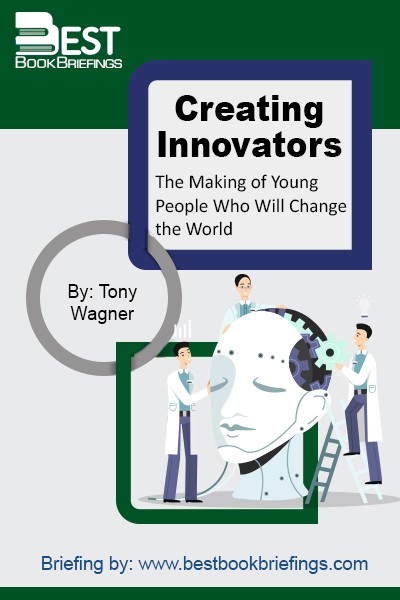
Certainly, being a young, educated adult is not the same now as it was even just a mere decade ago, with a rapidly changing world. To create innovators, from this Millennial Generation, not only means supplying the potential innovator with the right skills, tools and atmosphere, but also to supply the
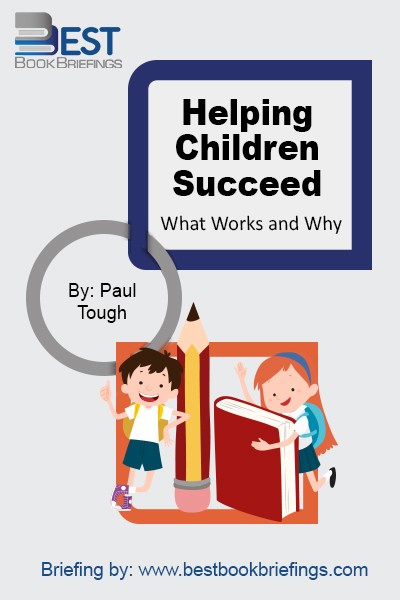
Educators across the country are intimately familiar with the struggles of children experiencing adversity, as are social workers, mentors, pediatricians, and parents. If you work with kids who are growing up in poverty or other adverse circumstances, you know that they can be difficult for teachers and other professionals to reach,
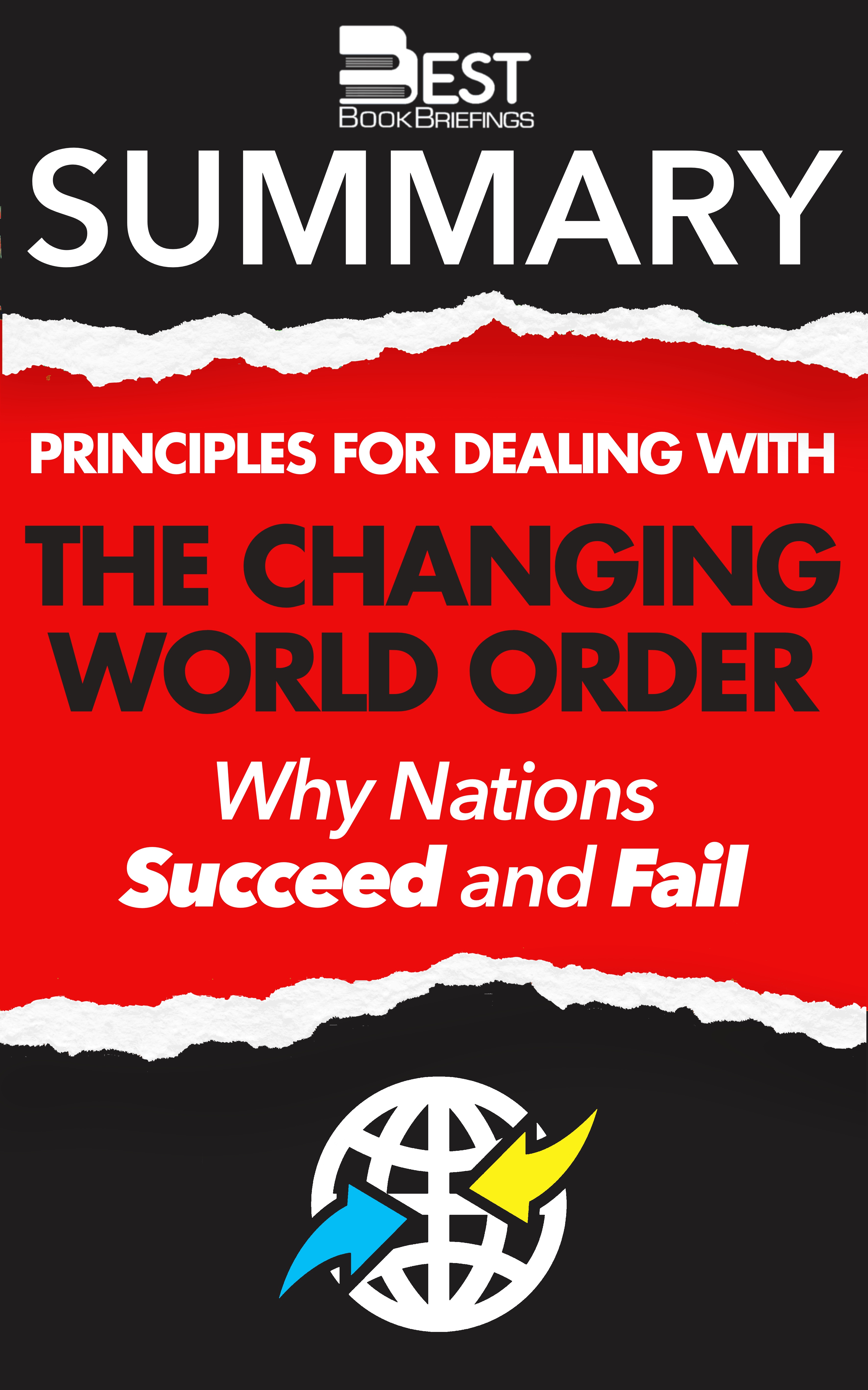
Through his book Principles for Dealing with the Changing World Order, Dalio brings readers along for his study of the major empires—including the Dutch, the British, and the American—putting into perspective the “Big Cycle” that has driven the successes and failures of all the world’s major countries throughout history.

